Dealing with a Child’s Dental Emergency: A Parent’s Guide
Children’s dental health is a crucial aspect of their overall well-being. From teething in infancy to the emergence of permanent teeth in adolescence, ensuring your child’s teeth and gums are healthy requires regular care and attention. Despite our best efforts, dental emergencies can happen. Knowing how to respond promptly and effectively can make a significant difference in the outcome. Here’s how to prepare for and handle a dental emergency involving your child.
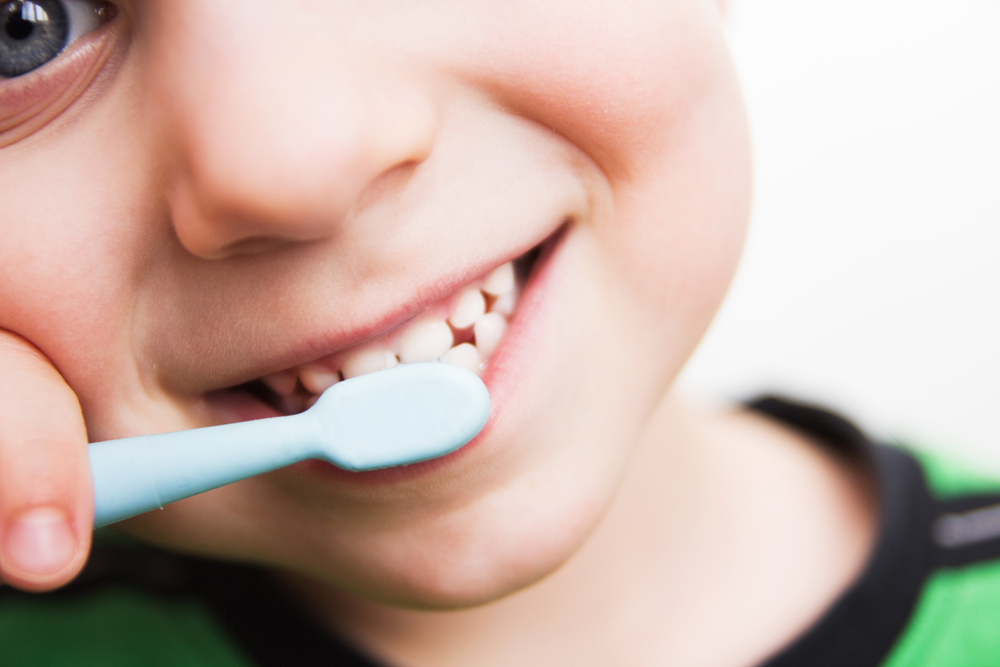
The Importance of Children’s Dental Health
Healthy teeth are essential for children’s development. They help with chewing food, speaking clearly, and provide the structure needed for their faces to grow properly. Good oral hygiene habits established early on set the stage for a lifetime of healthy smiles. Regular dental check-ups, brushing twice daily with fluoride toothpaste, and a balanced diet low in sugary snacks and drinks are the foundation of good dental health.
Common Dental Emergencies in Children
Toothache: A toothache can indicate a cavity, infection, or even a food particle stuck between teeth.
Chipped or Broken Tooth: Accidents during play or sports can result in chipped or broken teeth.
Knocked-Out Tooth: This can be especially traumatic for both the child and parent.
Loose Tooth: While losing baby teeth is natural, a loose permanent tooth requires immediate attention.
Object Stuck Between Teeth: Small objects or food particles can get lodged between teeth, causing discomfort.

How to Prepare for a Dental Emergency
First Aid Kit: Include dental supplies in your first aid kit. Essentials include gauze, a small container with a lid, pain relievers (appropriate for children), and the contact information of your pediatric dentist.
Educate Your Child: Teach your child about the importance of dental safety. Encourage the use of mouthguards during sports and explain what to do if they experience dental pain or an injury.
Regular Dental Visits: Consistent dental check-ups can help identify potential problems before they become emergencies.
Handling a Children’s Dental Emergency
Toothache: Rinse the mouth with warm water and gently floss to remove any food debris. Apply a cold compress to the outside of the cheek if there is swelling. Avoid placing aspirin or other painkillers directly on the gums.
Chipped or Broken Tooth: Rinse the mouth with warm water to clean the area. Apply a cold compress to the face to reduce swelling. Save any tooth fragments and bring them to the dentist.
Knocked-Out Tooth: Find the tooth and rinse it gently with water. Avoid touching the root. If possible, place the tooth back in the socket. If not, store it in a container of milk or a tooth preservation product and see the dentist immediately.
Loose Tooth: Have your child bite down gently on a piece of gauze to keep the tooth in place and see the dentist right away.
Object Stuck Between Teeth: Use dental floss to gently remove the object. Avoid using sharp objects that could injure the gums.
When to Seek Immediate Dental Care For Your Child
Not all dental issues can be resolved at home. If your child has severe pain, significant swelling, a fever, or if you are unable to manage the situation, seek immediate professional dental care. Prompt action can prevent complications and ensure the best possible outcome for your child’s dental health.
Emergency Children’s Dental Care in King County, Washington: Call Us Today!
Being prepared for a dental emergency can make a significant difference in your child’s comfort and the outcome of the situation. Remember, regular dental care is essential for preventing emergencies, but knowing how to handle them when they arise is just as important.
If you have any concerns about your child’s dental health or find yourself facing a dental emergency, don’t hesitate to reach out to our team at Kenmore Pediatric Dentistry in King County, WA. Our experienced and compassionate staff are here to provide the care and support your child needs for a healthy, happy smile.
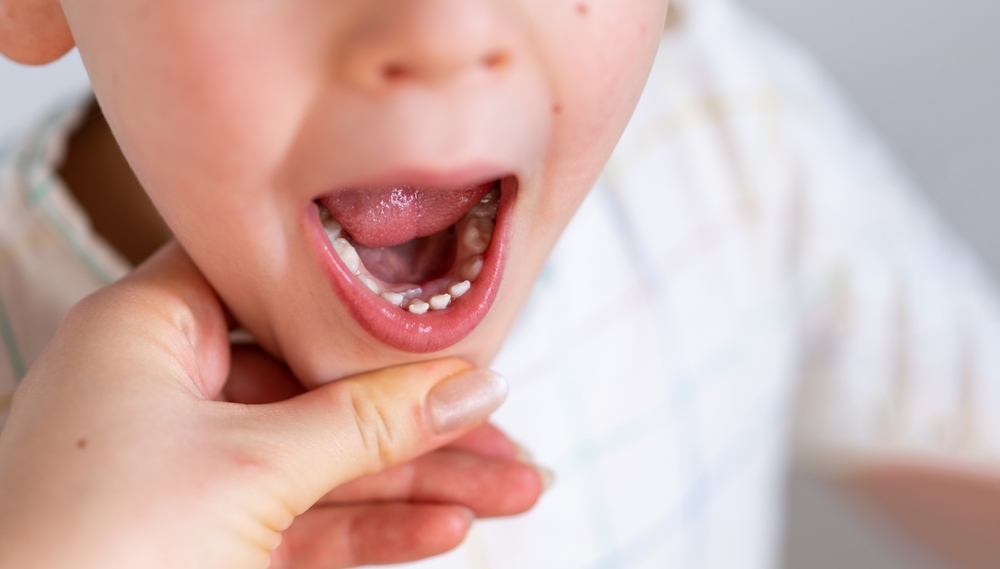




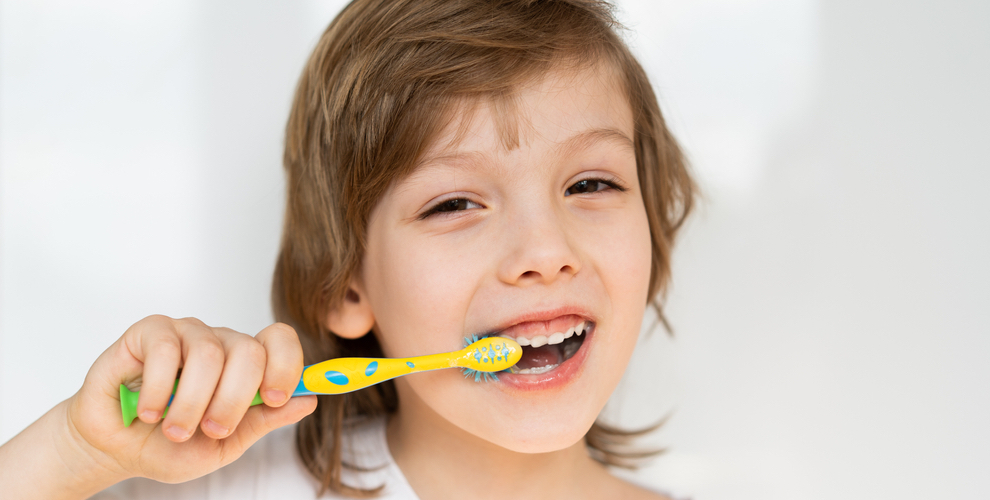

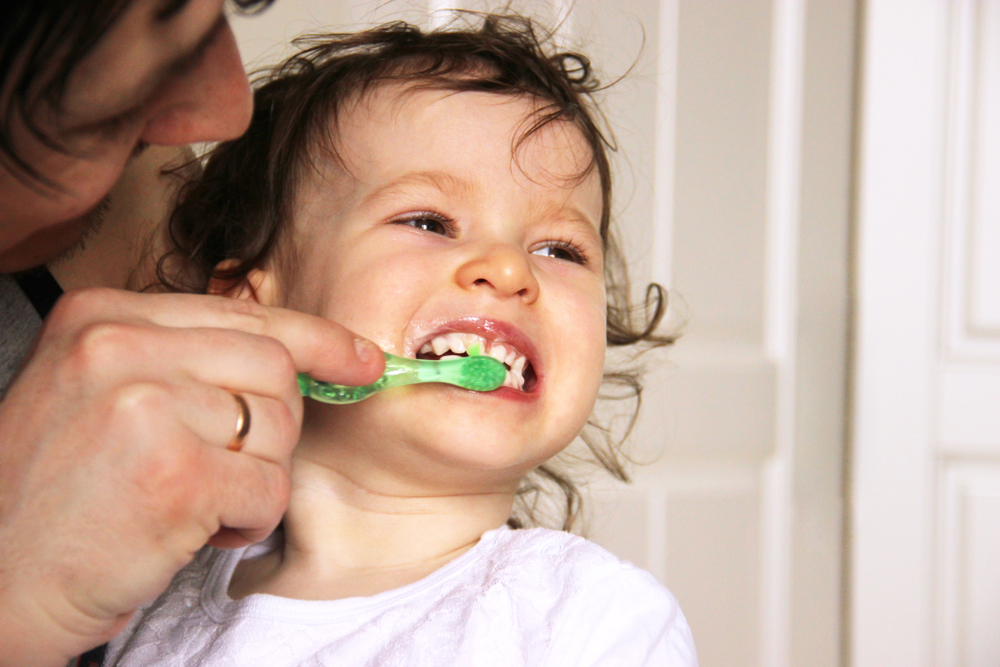


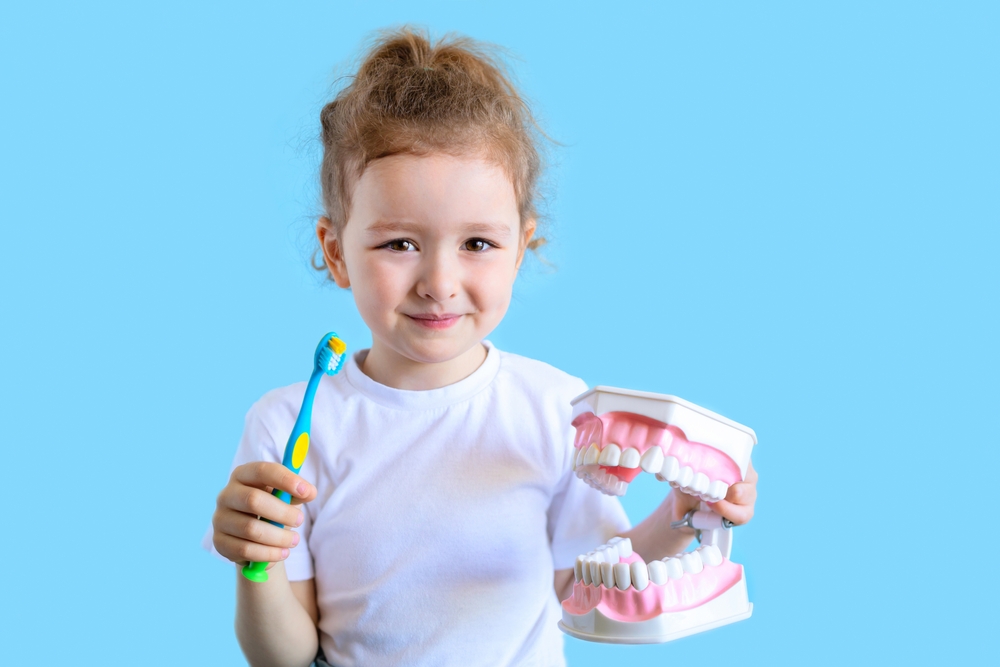
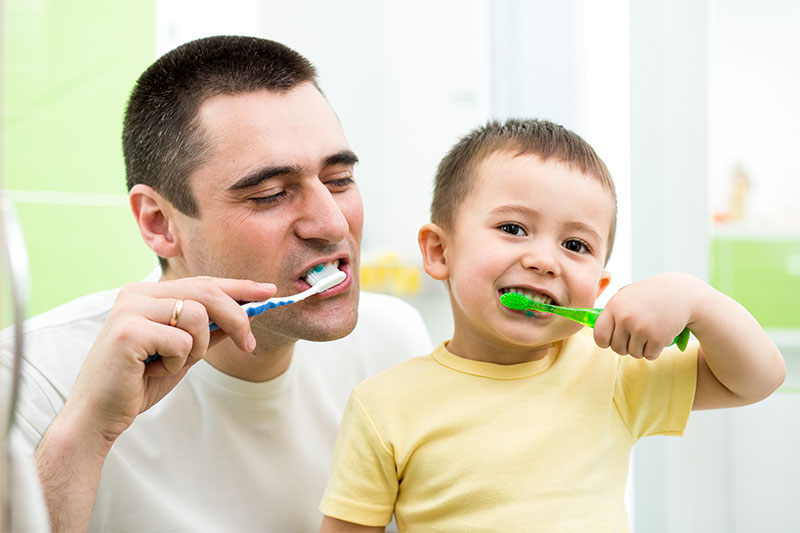

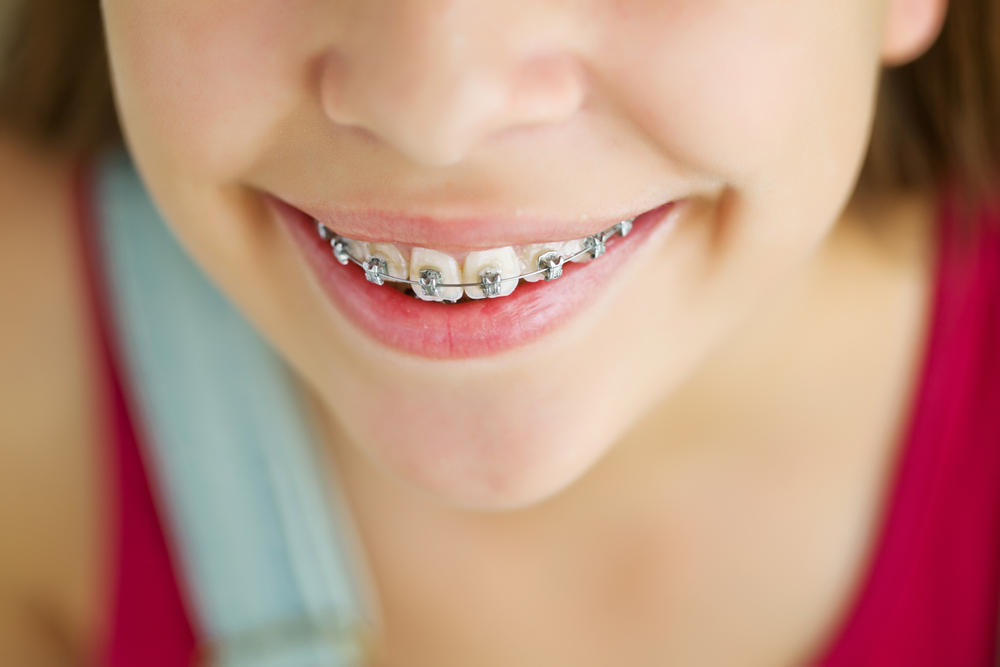
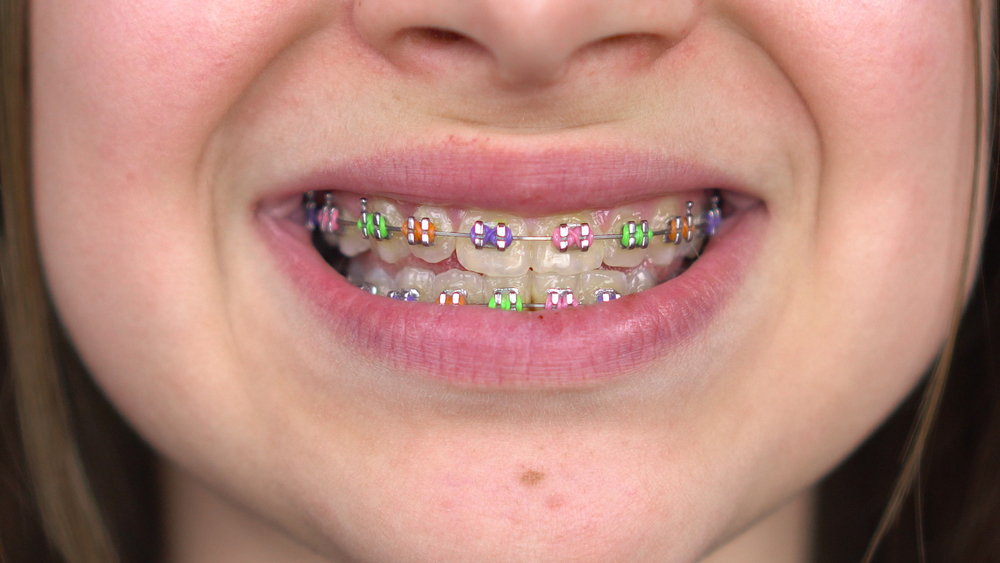

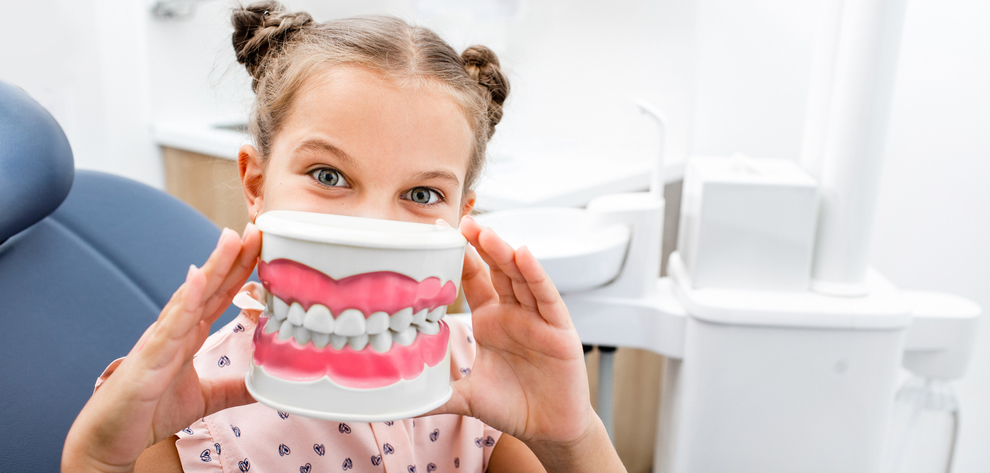



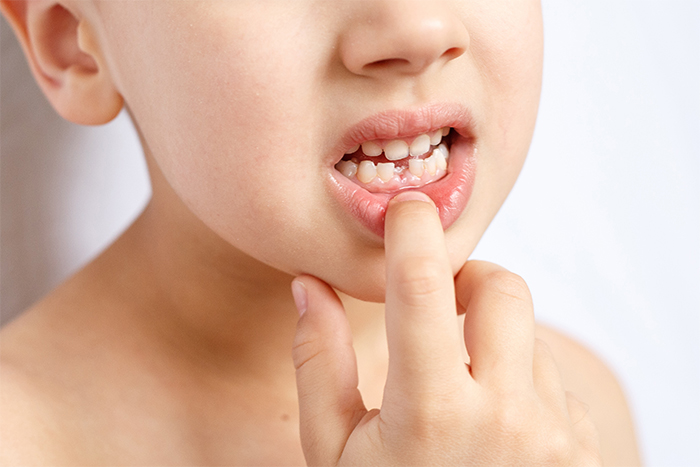

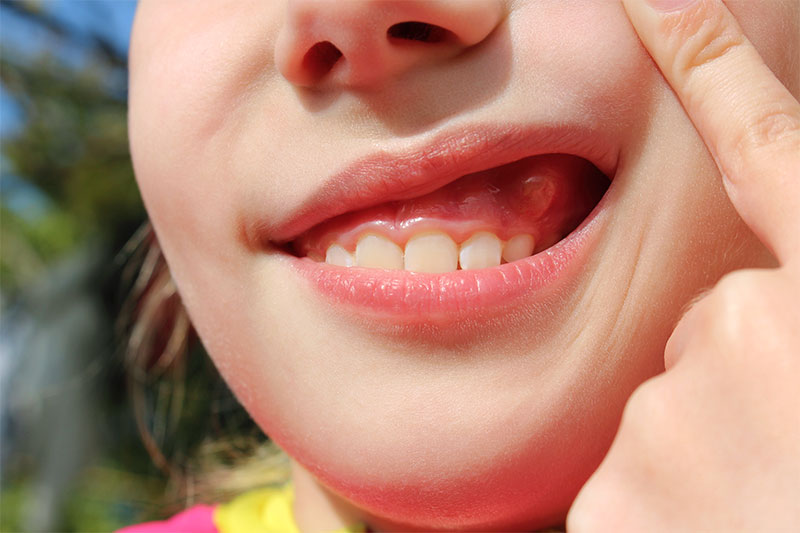






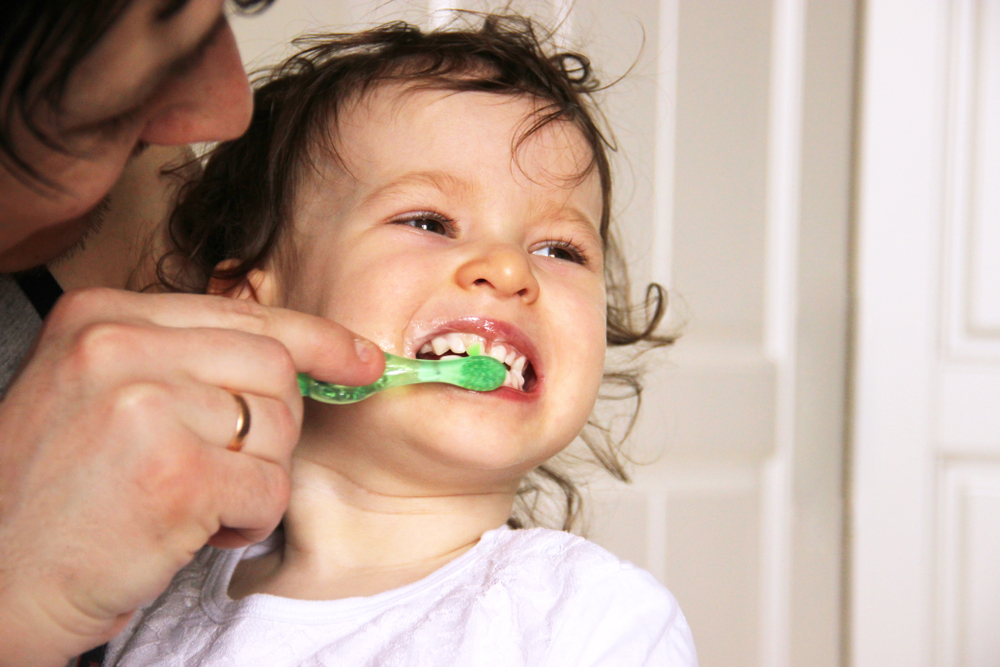





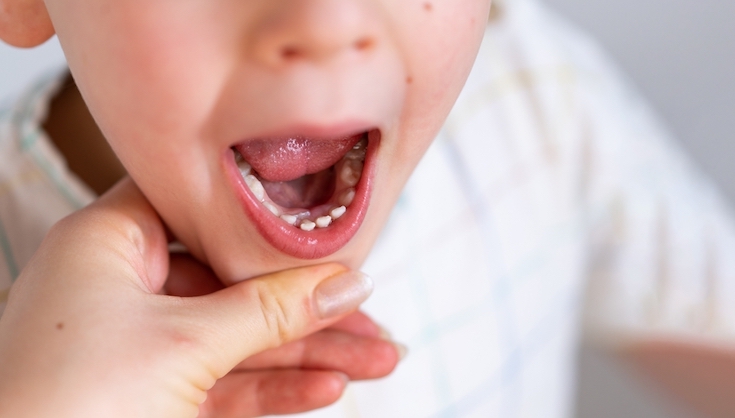

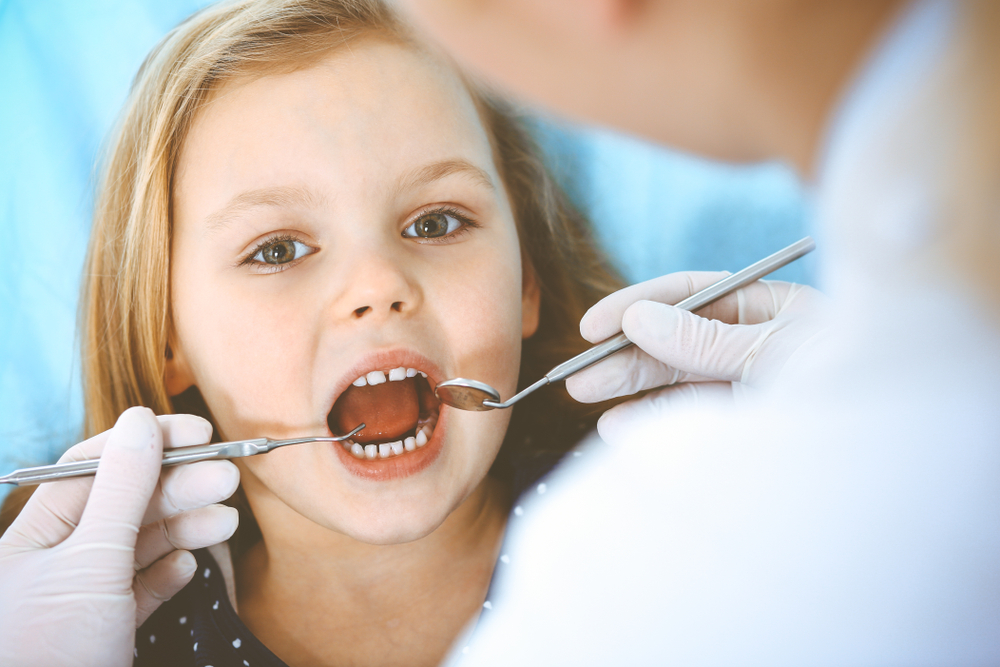







2.png)
